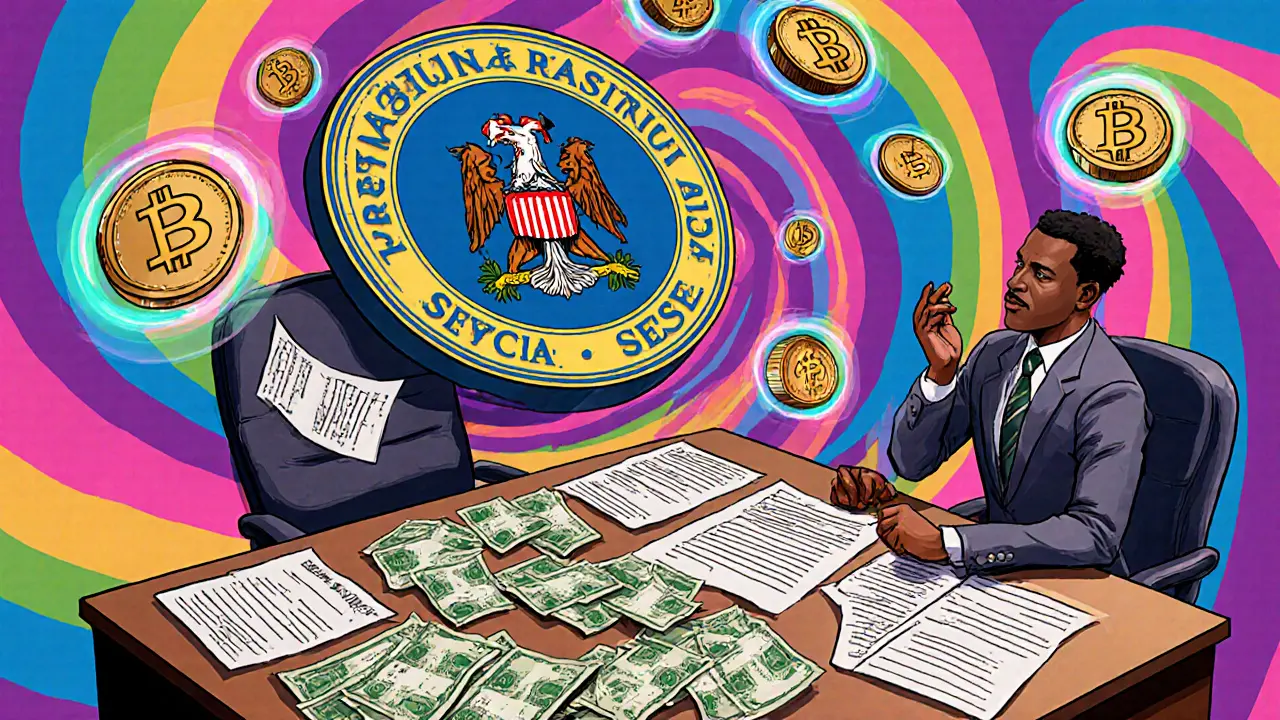SEC Nigeria Crypto: What You Need to Know About Crypto Regulation in Nigeria
When it comes to SEC Nigeria crypto, the Securities and Exchange Commission of Nigeria’s official stance on digital assets. Also known as Nigeria’s crypto watchdog, it’s the body that decides what’s legal, what’s risky, and who gets punished for breaking the rules. Unlike countries that welcome Bitcoin, Nigeria’s approach has been a mix of bans, warnings, and backdoor tolerance. The SEC doesn’t outright ban crypto—but it doesn’t approve it either. Instead, it forces exchanges to register, demands transparency from token issuers, and warns users about scams. This gray zone is why millions still trade, but now with more fear than freedom.
Behind the scenes, the Central Bank of Nigeria, the nation’s financial authority that restricted banks from handling crypto transactions in 2021 created a ripple effect. Banks cut off access, making it harder to deposit or withdraw Naira. But people adapted—using P2P platforms, USDT, and mobile wallets to keep trading. Meanwhile, the SEC Nigeria, the agency tasked with overseeing securities markets, including crypto tokens sold as investments started targeting ICOs and unregistered platforms. In 2023, they shut down over a dozen fake crypto projects claiming to offer high returns. Their message? If you’re selling a token like a stock, you need a license. Most don’t have one.
What’s missing from official rules is clear guidance on personal use. Can you buy Bitcoin for yourself? Yes. Can you hold it in a wallet? Yes. Can you mine it? Still unclear. But if you run a platform that matches buyers and sellers, or if you’re promoting a token as an investment, the SEC will come after you. That’s why most Nigerian crypto platforms now operate offshore—hosting servers in Dubai or Singapore, while users in Lagos still log in from their phones. The result? A thriving underground market with no consumer protection. You’re on your own if your exchange vanishes.
What you’ll find in this collection are real stories from Nigeria’s crypto scene: how traders bypass restrictions, which platforms still work, what tokens got flagged by the SEC, and why some projects disappeared overnight. There’s no fluff here—just facts about what’s allowed, what’s dangerous, and who’s still making money despite the rules.
VASP Licensing in Nigeria: Requirements and Process for Crypto Businesses
Nigeria's VASP licensing regime requires crypto businesses to meet strict capital, compliance, and operational standards set by the SEC. Learn the exact requirements, process, and hidden costs to legally operate in Nigeria's crypto market.
